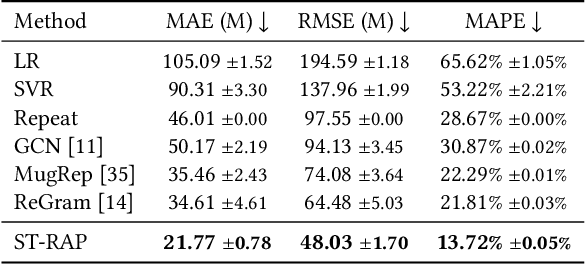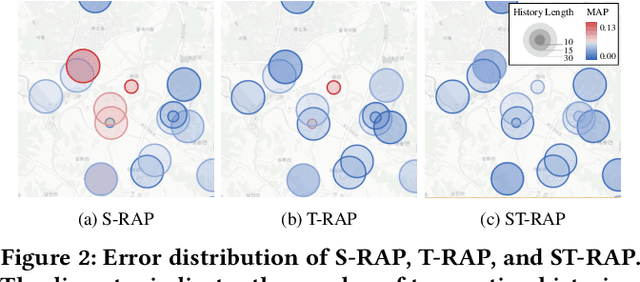Hawon Jeong
PRePair: Pointwise Reasoning Enhance Pairwise Evaluating for Robust Instruction-Following Assessments
Jun 18, 2024Abstract:Pairwise evaluation using large language models (LLMs) is widely used for evaluating natural language generation (NLG) tasks. However, the reliability of LLMs is often compromised by biases, such as favoring verbosity and authoritative tone. In the study, we focus on the comparison of two LLM-based evaluation approaches, pointwise and pairwise. Our findings demonstrate that pointwise evaluators exhibit more robustness against undesirable preferences. Further analysis reveals that pairwise evaluators can accurately identify the shortcomings of low-quality outputs even when their judgment is incorrect. These results indicate that LLMs are more severely influenced by their bias in a pairwise evaluation setup. To mitigate this, we propose a hybrid method that integrates pointwise reasoning into pairwise evaluation. Experimental results show that our method enhances the robustness of pairwise evaluators against adversarial samples while preserving accuracy on normal samples.
ST-RAP: A Spatio-Temporal Framework for Real Estate Appraisal
Aug 21, 2023



Abstract:In this paper, we introduce ST-RAP, a novel Spatio-Temporal framework for Real estate APpraisal. ST-RAP employs a hierarchical architecture with a heterogeneous graph neural network to encapsulate temporal dynamics and spatial relationships simultaneously. Through comprehensive experiments on a large-scale real estate dataset, ST-RAP outperforms previous methods, demonstrating the significant benefits of integrating spatial and temporal aspects in real estate appraisal. Our code and dataset are available at https://github.com/dojeon-ai/STRAP.
 Add to Chrome
Add to Chrome Add to Firefox
Add to Firefox Add to Edge
Add to Edge